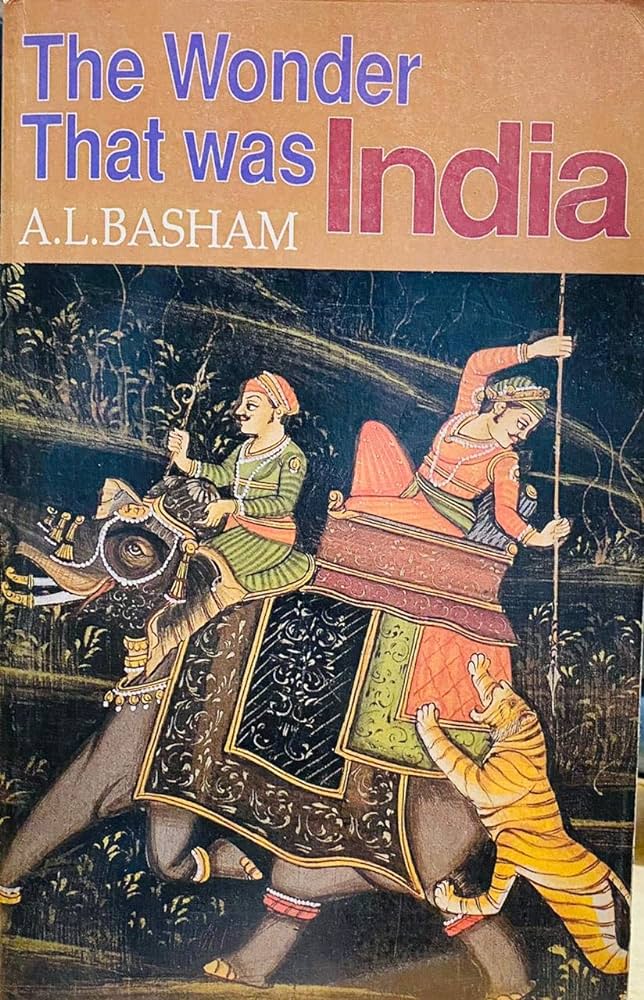The book covers a wide range of topics, including ancient Indian philosophy, religion, art, literature, science, and social systems. It examines the development of India's major religions, such as Hinduism, Buddhism, and Jainism, and their profound impact on Indian society and culture.
One of the book's strengths is its examination of India's intellectual and spiritual contributions to the world. It highlights the achievements of Indian scholars in mathematics, astronomy, medicine, and literature, shedding light on India's rich legacy of knowledge and innovation.
Basham also explores the complexities of India's social and political history, discussing the caste system, the emergence of empires, and the interactions with foreign powers, including the Greeks, Persians, and Europeans. The book provides valuable insights into the ebb and flow of Indian civilization over millennia.
The writing style is academic and well-researched, making it suitable for serious students of Indian history and culture. The book is densely packed with information, and Basham's meticulous scholarship is evident throughout.
However, some readers may find that the book's depth and scholarly approach make it less accessible for casual or general readers. It is most beneficial to those with a specific interest in Indian history and a willingness to engage with a substantial academic text.
In conclusion, "The Wonder That Was India" by A. L. Basham is a significant and respected work that offers a comprehensive overview of India's history and cultural heritage. It is a valuable resource for scholars, historians, and students seeking a detailed and authoritative exploration of India's past. While it may be less accessible to the casual reader due to its academic nature, it remains an important reference for those interested in the wonders and complexities of India's millennia-old civilization.




Comments (0)